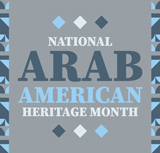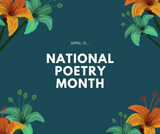 Ted Chiang, the author of Exhalation, a collection of short fiction that won a Pacific Northwest Booksellers Award and was named a New York Times Best Book of 2019, responded to questions from members of the 2020 PNBA Awards committee.
Ted Chiang, the author of Exhalation, a collection of short fiction that won a Pacific Northwest Booksellers Award and was named a New York Times Best Book of 2019, responded to questions from members of the 2020 PNBA Awards committee.
Exhalation is your second heralded collection. What draws you to the short story form?
I usually work at lengths a little longer than the short story; most of my stories are closer to novella length. It’s been said that the novella is the ideal length for science fiction, and it certainly suits my approach to writing. If you’re interested in exploring a single idea, a novella gives you the room you need to do so. You generally can’t sustain a novel on a single idea; a novel needs more than that, which means it’s less focused. I prefer to introduce a premise, explore some of its implications, and then get out.
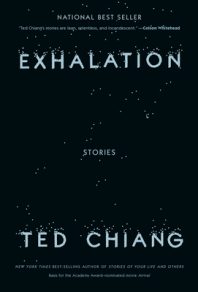 Your work is known for being technically detailed and precise. How long do you spend on one piece? And how long for a collection to come together?
Your work is known for being technically detailed and precise. How long do you spend on one piece? And how long for a collection to come together?
It’s hard to say how much time I spend on a single story. Sometimes a story will arise out of an idea that has been bouncing around in my head for years; I wasn’t working on the story continuously during those years, but the story would look entirely different if the idea had just come to me recently. And I don’t get ideas for stories very often, which is why it took over ten years for me to put together Exhalation.
Your stories are connected to a long tradition of storytelling through science and speculative fiction and you speak to your inspirations at the end of the collection. Can you share a particular reference or allusion that you were excited about or proud of including in Exhalation?
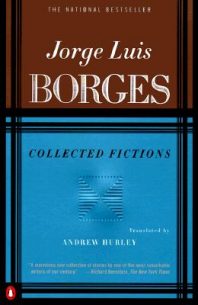 I don’t know how many readers have noticed this — only one person has ever asked me about it — but the title story, “Exhalation,” opens with a reference to Jorge Luis Borges’ story “The Library of Babel.” That story describes a fantastical universe that’s designed to illustrate one specific concept, and that was what I was trying to do with “Exhalation.”
I don’t know how many readers have noticed this — only one person has ever asked me about it — but the title story, “Exhalation,” opens with a reference to Jorge Luis Borges’ story “The Library of Babel.” That story describes a fantastical universe that’s designed to illustrate one specific concept, and that was what I was trying to do with “Exhalation.”
As they engage with your stories, is there a question or a particular way of thinking you’d like readers to explore?
I think my work does what a lot of science fiction does, which is to encourage readers to examine their assumptions: what if the things we take for granted weren’t true? What if the things we think of as outlandish were considered perfectly normal? These types of questions help us distinguish what we really value vs what we’re simply accustomed to.
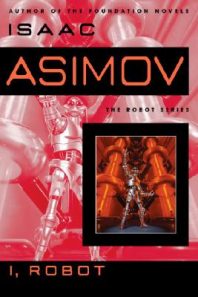 Growing up, were you a voracious reader? Who were some of your favorite authors?
Growing up, were you a voracious reader? Who were some of your favorite authors?
I was definitely a voracious reader. When I was 8, I devoured books on all sorts of animals, but especially ones about reptiles and amphibians. Later on I read books about Bigfoots and sea serpents and ancient astronauts. When I was 11 I started reading Isaac Asimov, and his work gave me an appreciation of both science and science fiction, and what the difference between the two was. I loved his book Asimov’s New Guide to Science, and I can still remember his explanations for how Eratosthenes estimated the diameter of the Earth and how Cavendish measured the mass of the Earth. His science fiction, like The Foundation Trilogy and I, Robot, were enormously influential on me when I first started trying to write.
And lastly, what was cooler— winning the PNBA Award or Barack Obama having said of your winning collection that it “will make you think, grapple with big questions, and feel more human. The best kind of science fiction?”
Both are very cool. As happy as I am to win the PNBA Award, I have to say that being praised by Barack Obama was more surreal—so much so that when a friend of mine first texted me a screenshot, my first thought was, “Is this a prank?
The plaque for the 2020 PNBA Book Award for Exhalation will be awarded to Ted Chiang at an event at Brick & Mortar Books in Redmond, WA on Saturday, February 22, 2020 at 7:00 pm.
Nwbooklovers posts original essays from this year’s award winners as featured posts in January and February. You can enjoy essays from past winners of the PNBA Book Award in our archive.

